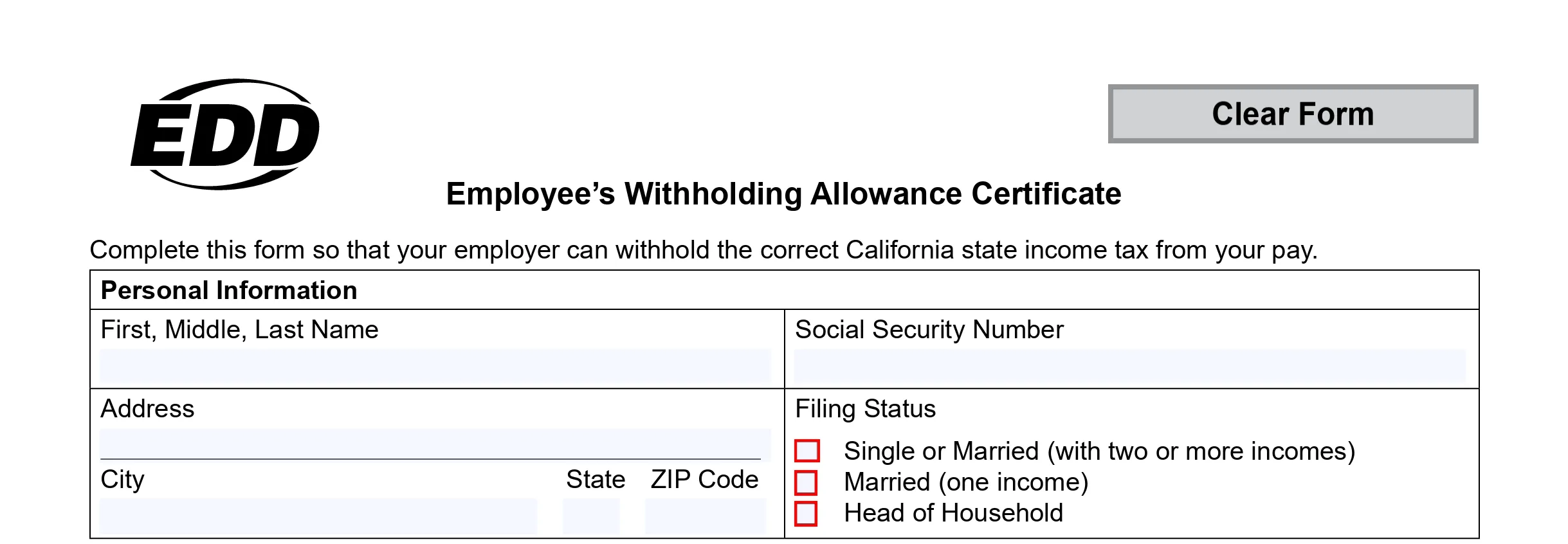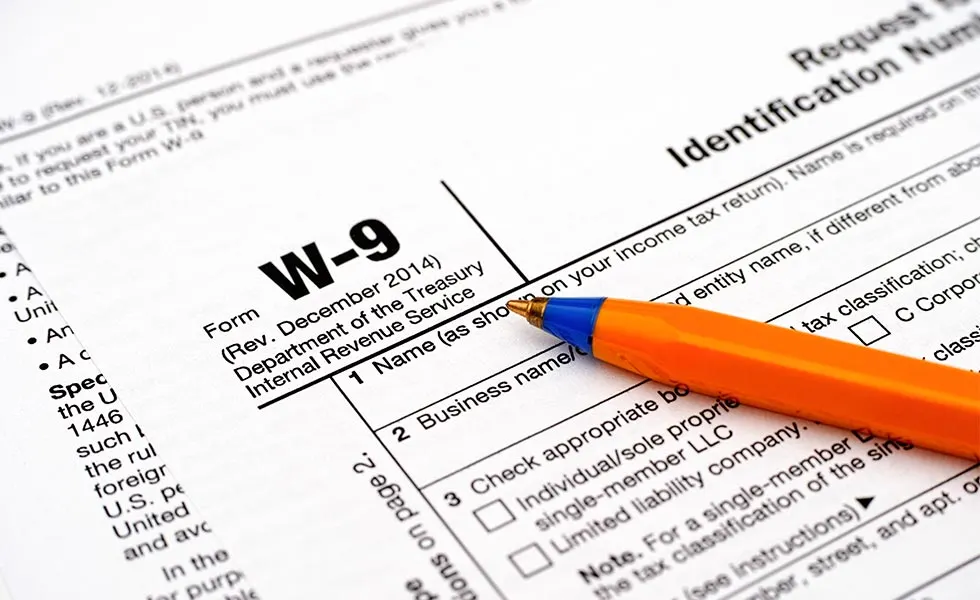The Importance of Accurate Record-Keeping for Small Businesses: Avoiding IRS Audits

Accurate record-keeping is one of the most essential aspects of running a successful small business, particularly when it comes to avoiding IRS audits. Maintaining organized and detailed financial records not only helps your business stay compliant with tax laws but also provides peace of mind in the event of an audit. This blog will explore what records small business owners should keep, how long they should retain them, common audit triggers, and the importance of professional bookkeeping services.
1. Types of Records to Maintain
To avoid unnecessary complications with the IRS, small businesses should ensure they have accurate records for every financial aspect of the business. Some key documents include:
• Income Statements: Keep a record of all sales, receipts, and invoices to demonstrate how much money the business earned.
• Expense Receipts: Retain detailed records of all business-related expenses, including receipts and credit card statements.
• Payroll Records: These are crucial for proving wages paid to employees and associated tax payments.
• Tax Returns and Documentation: Keep copies of all tax filings, such as Form 1040 or 1120, and any tax-related documentation for deductions and credits claimed.
By maintaining these records, small business owners ensure they have the necessary proof in case of an audit.
2. How Long Should You Keep Your Records?
The IRS recommends that businesses hold on to tax-related records for at least three years from the date of filing the return. However, in some cases, the IRS may go back as far as six years, especially if substantial underreporting of income is suspected. For best practices:
• Payroll records: Keep for at least four years.
• Tax returns and supporting documents: Retain for three to six years.
• Employment tax records: Hold for at least four years after filing.

3. Common Mistakes That Trigger Audits
Small businesses should be mindful of common record-keeping errors that can trigger IRS audits:
• Inaccurate Reporting of Income: Failing to report all sources of income or underreporting revenue can raise red flags for the IRS.
• Excessive Deductions: Claiming unusually large deductions without adequate documentation is another common audit trigger.
• Mismatched Information: If there is a discrepancy between the information reported by your business and what third parties report to the IRS, this can lead to scrutiny.
• Poor Documentation for Expenses: Inadequate proof of business expenses, such as meals, travel, and entertainment, often leads to audit risks.
4. Why Professional Bookkeeping Services Can Help
Hiring a professional bookkeeping service can significantly reduce the risk of an IRS audit. Bookkeeping experts have a deep understanding of the records that must be kept and can implement organized systems to ensure financial compliance. Some benefits include:
• Accurate Record-Keeping: Professional bookkeepers are well-versed in organizing and categorizing business expenses, income, and other financial documentation.
• Tax Filing Support: Bookkeepers can help ensure all tax filings are done correctly and on time, preventing errors that could trigger an audit.
• Audit Readiness: Should your business face an audit, professional bookkeeping services can provide accurate, detailed records to protect your business.
Conclusion
Accurate record-keeping is essential for protecting your small business from IRS audits and ensuring smooth financial operations. Avoid common mistakes by maintaining organized records of your income, expenses, payroll, and tax returns. For added peace of mind, consider hiring a professional bookkeeping service to help with compliance and organization, ensuring your business remains audit-ready at all times.
Disclaimer: This blog is for informational purposes only and should not be considered tax advice. Consult with a qualified tax professional or advisor for personalized guidance based on your specific situation.
Reach out to us today at [email protected], and let's work together to optimize your tax situation and financial well-being. Your journey towards a more tax-efficient future starts here.



